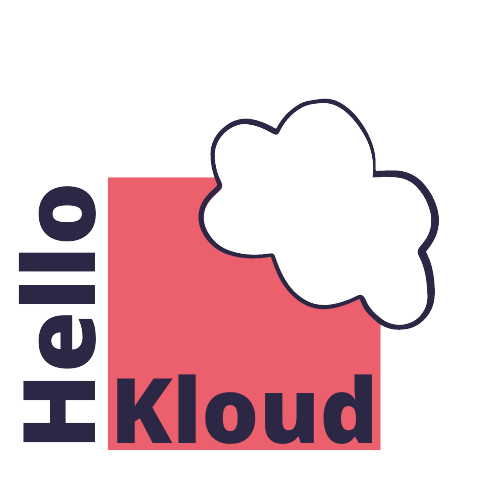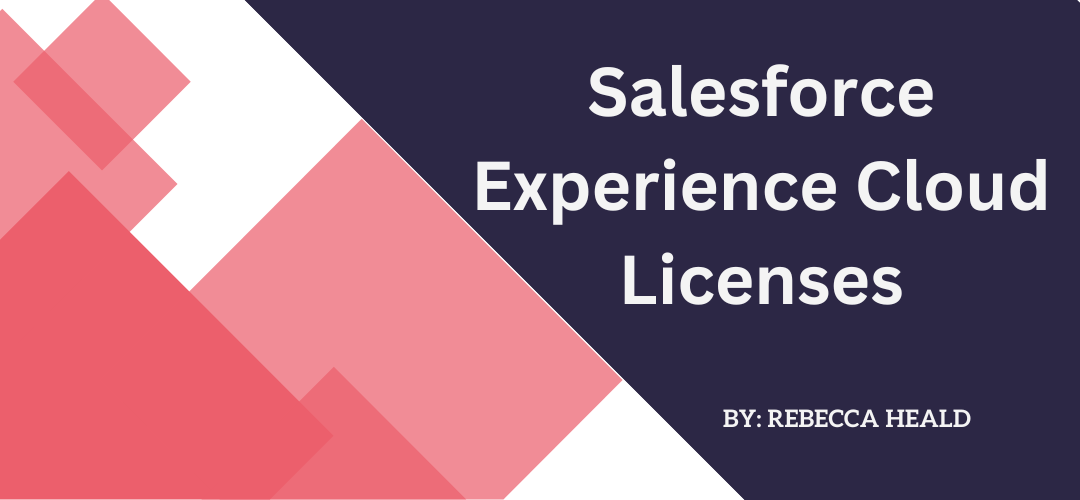Experience Cloud Licenses are authenticated member or login-based licenses that are assigned to a specific external user who accesses a community over time. This short article summarises vital information about the current Experience Site Licenses available. For further information (including all considerations and limitations per license), go to this page on Salesforce Help.
There are a number of licenses used for external users not limited to the following login-based licenses:
- Customer Community
For external users who need to access cases and where users do not need advance sharing or standard reports. To share records that the Customer Community User does not own use Sharing Sets. To share records owned by a Customer Community User with internal users use Share Groups.
Note the external organisation-wide default for sharing will set the baseline access. - Customer Community Plus
For external users who need access to reports and dashboards, tasks, and events, and where advanced sharing is needed (such as Sharing Rules). Customer Community Plus includes all the items available to Customer Community Licenses. It also allows for Delegated User Admins to manage Customer Community Licenses for their colleagues. - Partner Community
For B2B external users that need access to Sales data. These licenses include everything available to Customer Community Plus Licenses as well as Leads, Opportunities, Channel Sales functionality, and Campaigns. - Lightning External Apps
Used for customising digital experiences to engage external stakeholders. There is limited access to Salesforce Objects. This does allow access to up to 100 Custom Objects or 1K API calls or 45 MB data. - Channel Account
For your B2B portals and sites. Usage is calculated on the number of partners rather than individual users. - Commerce Portal
Allows for access to 100+ Custom Objects and 10 MB of storage per member. - Unauthenticated users coming to your Community are considered guest users.
Person Accounts can be used with External Apps, Customer Community, Customer Community Plus. If you have multiple community sites attached to your Salesforce org, you don’t need to purchase additional licenses if a user accesses more than one. Their license is granting access across all (that you permit).
Login-based licenses can be member-based or login-based.
Login-based requires you to purchase a set number of logins to be used every month. They do not roll over. Each time one of the license types logs in – they consume a login. The login is a daily unique login. If for example, someone logs in multiple times in one day – you will only have one login consumed. However, logins in over multiple days will consume more than one login. The maximum timeout period that can be set for a session is 24 hours. You can check your login consumption by checking the login history table located in Setup / Identity (Lightning Experience).
Member-based licenses are assigned to one external user.
External Identity Licenses are licenses enabling you to deliver identity services such as passwordless login and single sign-on to external users (customers and partners). With the External Identity licenses you additionally get the External Identity User Profile. This enables limited access to the Salesforce Org. External Identity licenses work with Community licenses and are included for free with all paid Community licenses. They require unique usernames within the Experience Site’s Salesforce Org. By themselves, they only allow a customer or partner to self-register, or to log in, update their profile, and securely access web and mobile apps with a single identity. External Identity licenses are purchased in blocks of active users.
These licenses are the external version of the Identity Only License (which enables access to identity services for those employees who need SSO, but not necessarily full access to the Salesforce Org.) Both types of identity license enable access to several standard objects and 10 custom objects. They both come with additional data storage and API requests.

